Health Care In Italy- FAQs
Italy’s national health service, known as Servizio Sanitario Nazionale (SSN), offers residents health care that is either free or low-cost.
Health care in Italy includes visits to general practitioners (GPs), treatment in public hospitals, subsidized medications, lab services, ambulance services, and some specialist care.






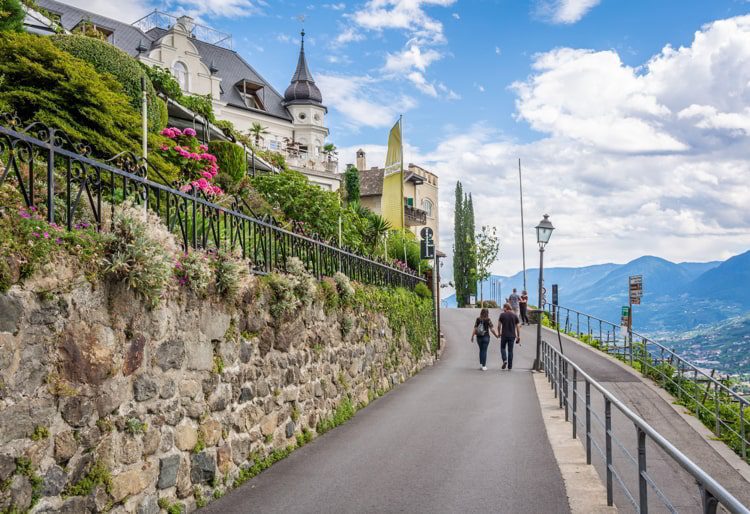







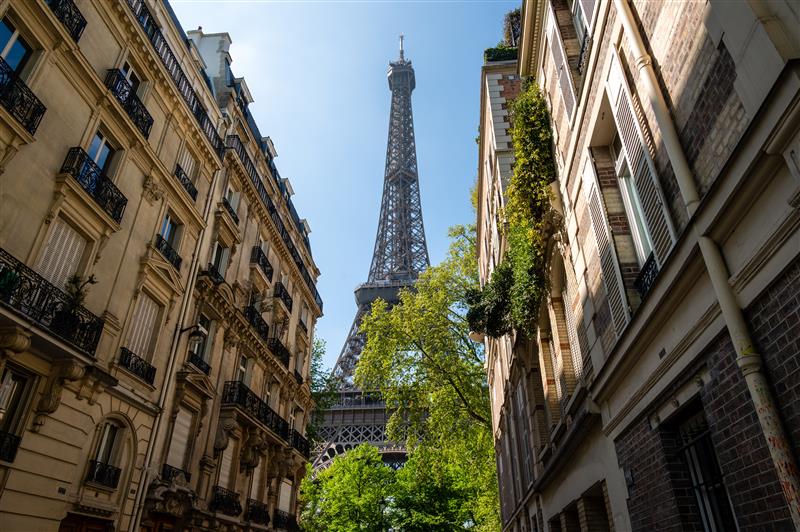 . '
. '
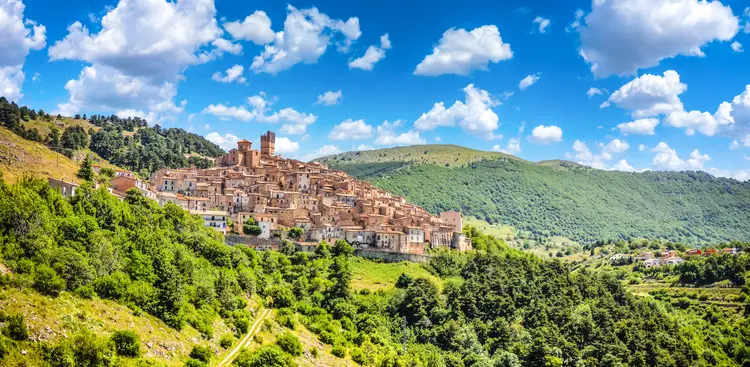 . '
. '
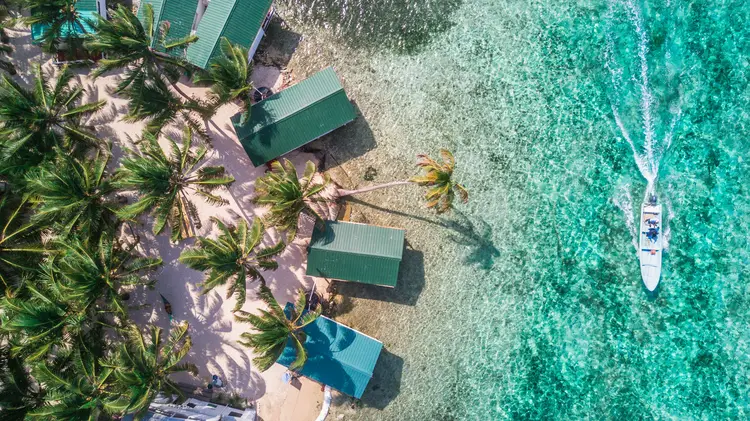 . '
. '
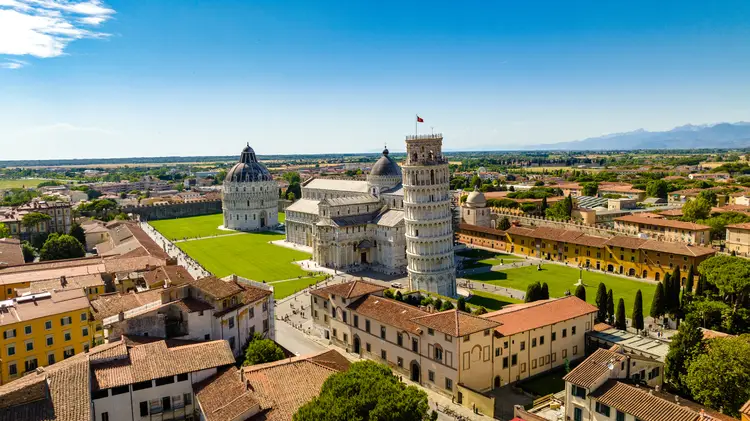 . '
. '
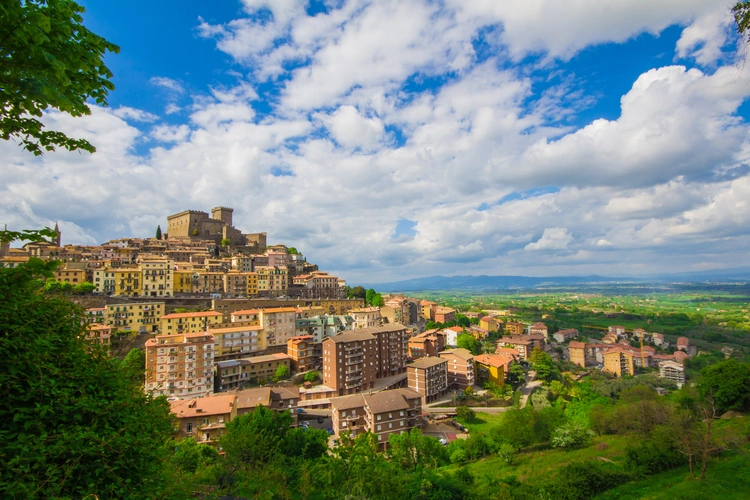 . '
. '








